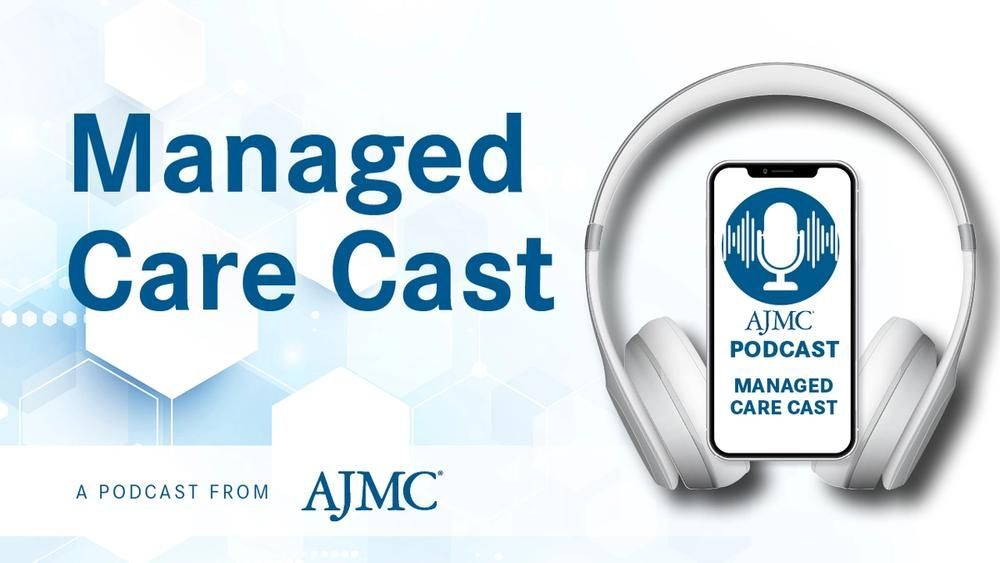Article
Benefits of Online Support Communities for Individuals and Couples Experiencing Infertility
Author(s):
Online communities are important for individual’s facing infertility, but they should be carefully managed by professionals, a review finds.
Individuals experiencing infertility often desire support, which can be found through online peer-support communities. However, these communities can also act as a "double-edged" sword if not well managed by health care professionals, according to one review.
The results of this systemic mixed-studies review were published in the International Journal of Nursing Studies.
“The benefits of having online peer support communities promoted health-seeking behaviors among the individuals experiencing infertility,” wrote the researchers of this study. “Therefore, healthcare providers should consider engaging individuals with infertility in online peer support communities for them to receive timely and relatable support.”
In this review, the researchers aimed to consolidate and evaluate the effects of online peer support communities for individuals experiencing infertility.
The data for this review came from 8 published and unpublished databases: PubMed, EMBASE, Cochrane, PsycINFO, CINAHL, Scopus, and ProQuest from inception to December 2021.
All 49 studies included individuals or couples who had self-reported infertility and had first-hand experience with online peer-support communities.
A common theme identified among these studies were:
- Varied types of support with mutual benefits
- Convenient and “safe haven” with diverse options for struggling couples
- Herd mentality and negative collective emotions
- Credibility, confidentiality, and misinformation
These online support communities were used the most by couples in their late 20s to early 30s, with the users being predominantly females. Language used by females online tended to be perceived as warmer and more compassionate than males, resulting in women receiving and providing support more often.
The most common communities were public and unmoderated forums and social media, such as Reddit and Instagram. Additionally, these platforms allow individuals to create personalized profiles, connect with friends, and participate in other discussion forums. Furthermore, many communities were dedicated specific to gender, offering an even wider variety of support options for individuals.
Furthermore, the researchers found a mutual benefit of these communities for both providers and receivers of peer support and described as convenient and diverse “safe haven.”
However, some couples relayed having negative emotions and feelings of “unrelatedness,” despite being among “similar others.” The researchers suggest future research should identify the factors that lead to “unrelatedness” within online support communities, and how those effects individual experiencing infertility.
Some couples also had issues with credibility, confidentiality, and misinformation in these support communities, a common issue with information found online. The researchers suggested further studies that examines the effectiveness of unmoderated vs moderated online communities.
Lastly, peer-support communities have the risk of developing a herd mentality, where a negative experience by a single member of the group may lead to a collectively negative opinion felt by the group.
Although this review included studies from across the world, only studies written in English were included, which lowered generalizability. Additionally, the researchers believe that further studies are needed to examine the use of online peer support communities among diverse populations, including conservative or low-income countries.
Despite these limitations, the researchers believe there are mutual benefits for both providers and receivers seeking support for individuals experiencing infertility.
“Online peer support offered varied support and empowered both the providers and receivers of this support,” wrote the researchers. “However, if not properly managed, these communities could act as a ‘double-edged sword,’ inflicting adverse effects on the users by disseminating inaccurate information and developing a herd mentality.”
Reference
Lin JW, Shorey S. Online peer support communities in the infertility journey: A systematic mixed-studies review. Int J Nurs Stud. 2023;140:104454. doi:10.1016/j.ijnurstu.2023.104454
Newsletter
Stay ahead of policy, cost, and value—subscribe to AJMC for expert insights at the intersection of clinical care and health economics.





